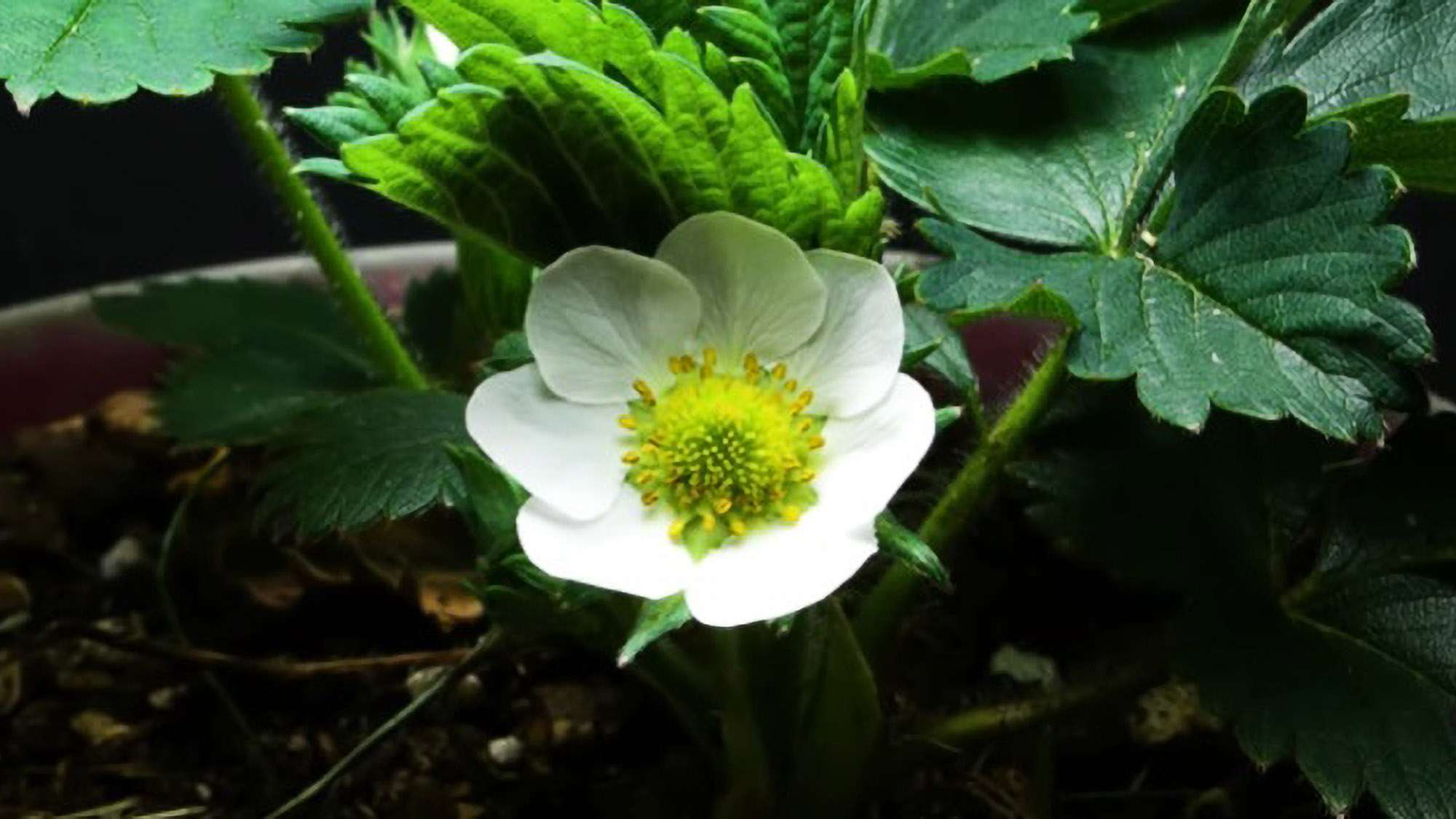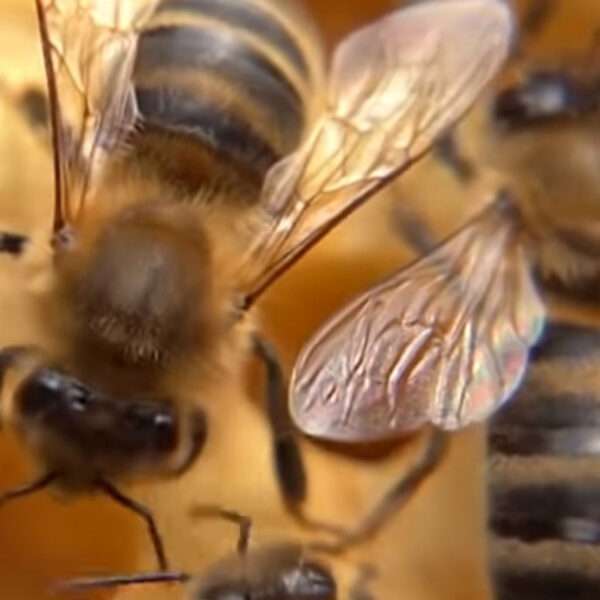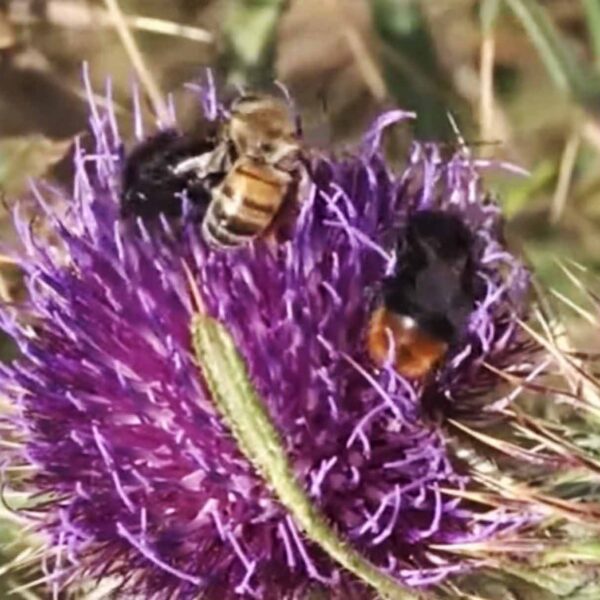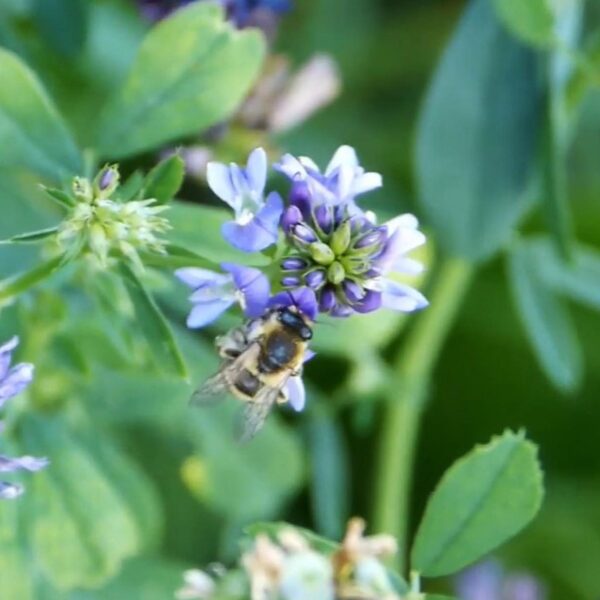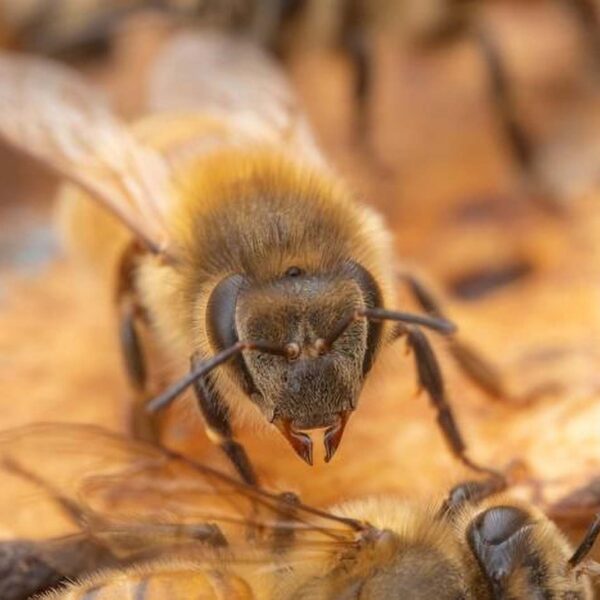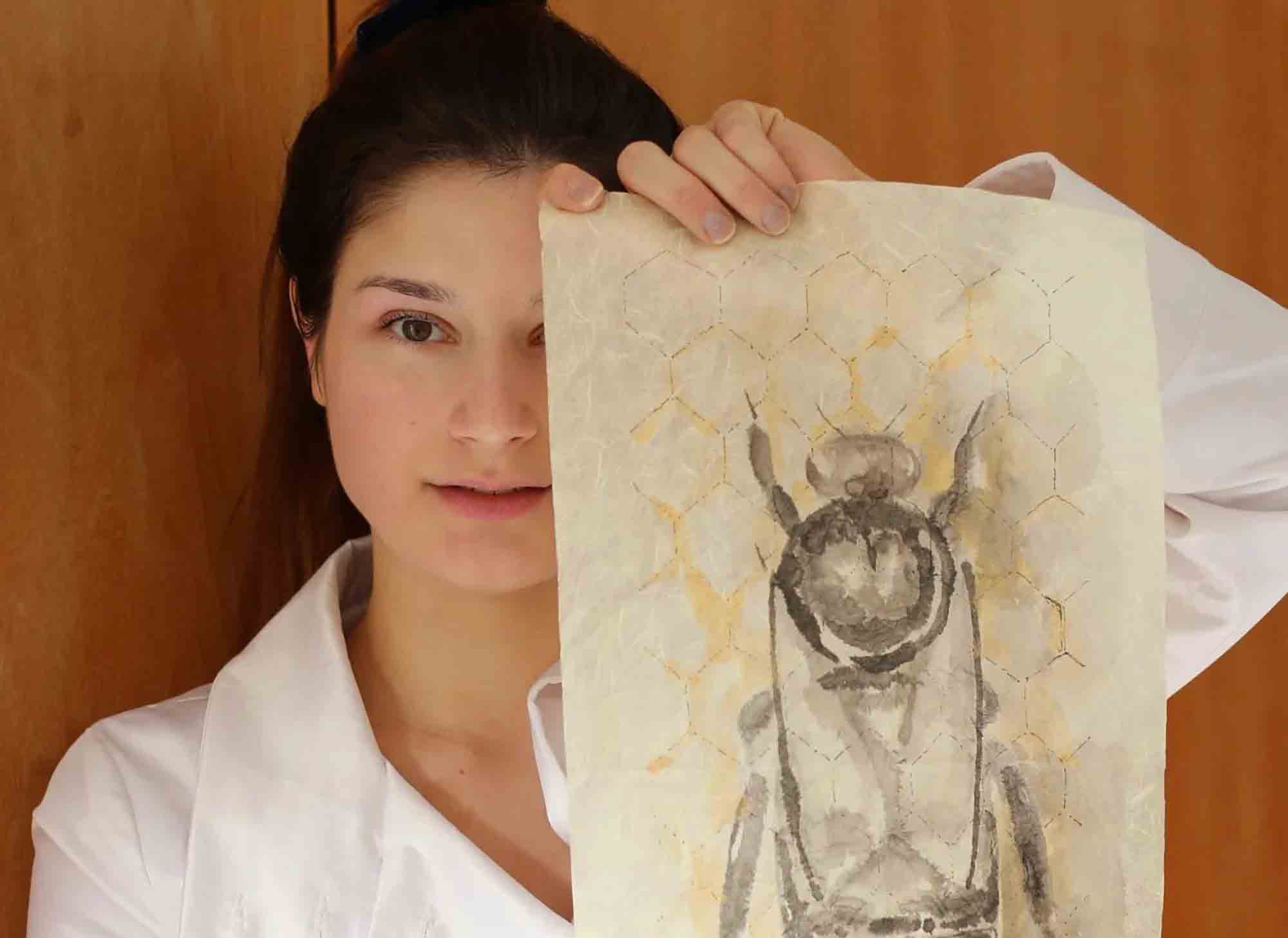One of Germany’s most renowned experts on bees has rejected the widespread misconception that bees are not smart creatures – and issued a warning concerning the effects of applying insecticides.
Prof Dr Randolf Menzel from the Free University of Berlin has researched the western honeybee’s behaviour for more than 50 years.
The neurologist and zoologist told broadcaster RBB: “Some people may assume that bees are not very intelligent as they have comparably small brains. But that is not the case.
“Bees are not structured genetically to collect pollen and nectar. They adapt to the circumstances and improve their knowledge as they investigate the plants and flowers in their vicinity. These are relatively complex procedures that confirm their intelligence.”

The neurologist and biologist – who is the co-author of a bestselling book called ‘Die Intelligenz der Bienen’ (The Intelligence of Bees) – added: “Their neuronal capabilities are also underlined by the fact that they coexist in communities in which peers are educating each other. Honeybees are able to convey highly specific information by using their pattern of dances.”
Asked to describe the state the western honeybees in Germany were currently in, the 82-year-old Leibniz Award laureate said: “They are indeed in a very bad condition.
“We trust in farming procedures which apply many substances that can damage the brains of insects which are considered pests. As these insecticides can be found on different flowers, in nectar and pollen, they are taken in by honeybees as well.
“These are the consequences of monoculture-focused agriculture which is regarded as highly productive – a claim that I put into question.”
Prof Menzel told RBB: “Insecticides have an immense impact on the neuronal perception of honeybees. Their intelligence is endangered, of course. They might stop to learn, navigate and communicate.”
The experienced researcher’s warning follows news that European Union (EU) decision-makers have come one step closer to banning two neonicotinoids which have been linked to the death of honeybees and other pollinators.
The European Commission (EC) – which is the EU’s executive government representing all 27 member states – announced last month that Clothianidin and Thiamethoxam would be prohibited by next year.
The application of neonicotinoids has been linked with numerous worrisome ecological developments such as the honey-bee colony collapse disorder.
The EC said there must not be any traceable residue of Clothianidin and Thiamethoxam in any foodstuff produced within the EU by 2023. However, the regulation also affects imported products and all kinds of animal nutrition.



